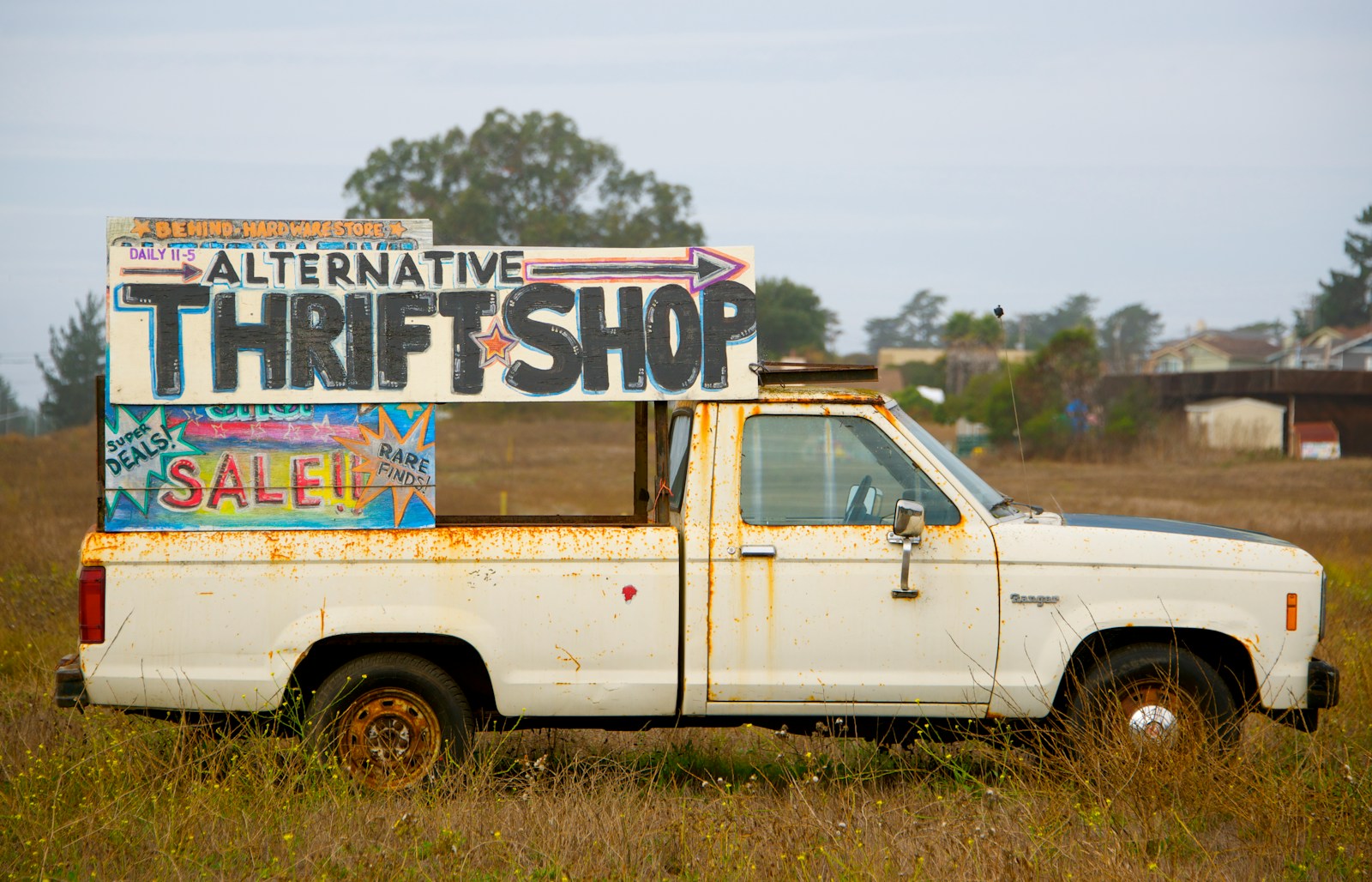Introduction:
For many students in South Africa, owning a car is more than just a convenience—it’s a necessity. However, buying a brand-new car may not always be feasible due to budget constraints. Fortunately, repossessed cars offer an affordable alternative for students looking to purchase their first vehicle. In this comprehensive guide, we’ll explore everything you need to know about buying a repossessed car in South Africa, from understanding the process to navigating potential pitfalls. Whether you’re a student on a tight budget or simply seeking a great deal, this guide will equip you with the knowledge to make an informed decision and drive away with your dream car.
- Understanding Repossessed Cars:
Before diving into the buying process, it’s essential to understand what repossessed cars are. Repossessed vehicles are those that have been reclaimed by financial institutions due to the owner’s failure to make loan payments. These cars are typically sold at auctions or through specialized dealerships at prices lower than their market value, making them an attractive option for budget-conscious buyers. - Benefits of Buying Repossessed Cars:
There are several advantages to purchasing a repossessed car, especially for students. Firstly, repossessed cars are often priced significantly lower than their retail counterparts, allowing students to save money on their purchase. Additionally, since financial institutions are motivated to sell these cars quickly, buyers may have the opportunity to negotiate even lower prices or secure favorable financing terms. - Researching Repossessed Car Auctions:
One of the primary ways to buy a repossessed car is through auctions conducted by banks or auction houses. Researching upcoming auctions in your area is crucial for finding the right vehicle. Online platforms and auction websites often list details about upcoming auctions, including the vehicles available, their specifications, and auction dates. Take the time to research and identify auctions that align with your preferences and budget. - Inspecting Repossessed Cars:
Inspecting a repossessed car before making a purchase is vital to ensure that you’re getting a reliable vehicle. While most repossessed cars are sold “as is,” conducting a thorough inspection can help you identify any potential issues or hidden defects. Pay close attention to the car’s exterior and interior condition, engine performance, mileage, and service history. If possible, enlist the help of a qualified mechanic to assess the car’s overall condition. - Understanding Auction Bidding Process:
Participating in a car auction can be an exhilarating experience, but it’s essential to understand the bidding process to avoid overpaying or missing out on your desired vehicle. Set a budget beforehand and stick to it, taking into account additional costs such as auction fees, taxes, and registration. Pay attention to bidding increments and be prepared to act quickly when your desired vehicle comes up for auction. - Securing Financing for Repossessed Cars:
While repossessed cars are often priced lower than retail vehicles, financing may still be necessary for many students. Explore financing options available through banks, credit unions, or specialized lenders. Pre-approval for a loan can strengthen your position at auctions and provide clarity on your budget constraints. Be sure to compare interest rates, terms, and repayment options to find the best financing solution for your needs. - Navigating Potential Risks and Pitfalls:
While buying a repossessed car can offer significant savings, it’s essential to be aware of potential risks and pitfalls. Since these vehicles are sold “as is,” they may come with undisclosed issues or defects. Additionally, competition at auctions can drive prices higher than expected, leading to overpaying for a vehicle. Conduct thorough research, exercise caution, and seek advice from experienced buyers to mitigate these risks. - Completing the Purchase and Documentation:
Once you’ve successfully bid on a repossessed car, it’s time to complete the purchase and finalize the necessary documentation. Ensure that all paperwork, including the sales contract, title transfer, and registration documents, is properly filled out and signed. Pay any outstanding fees or taxes, and obtain insurance coverage for your new vehicle before driving it off the lot. - Maintaining and Insuring Your Repossessed Car:
Owning a repossessed car comes with responsibilities, including regular maintenance and insurance coverage. Schedule routine maintenance checks, such as oil changes, tire rotations, and brake inspections, to keep your car in optimal condition. Additionally, explore insurance options tailored to repossessed vehicles, considering factors such as coverage limits, deductibles, and premiums. - Maximizing Value and Enjoying Your New Ride:
Finally, maximize the value of your repossessed car by taking good care of it and driving responsibly. Practice fuel-efficient driving habits, avoid aggressive driving maneuvers, and adhere to recommended maintenance schedules to prolong the lifespan of your vehicle. Enjoy the freedom and convenience that comes with owning your own car, and make the most of every journey.
Conclusion:
Buying a repossessed car can be a smart and cost-effective choice for students in South Africa. By understanding the process, conducting thorough research, and exercising caution, students can find great deals on reliable vehicles that meet their needs and budget. Whether you’re attending auctions, negotiating financing terms, or maintaining your new ride, this guide equips you with the knowledge and confidence to navigate the world of repossessed car buying and drive away with a great deal.
